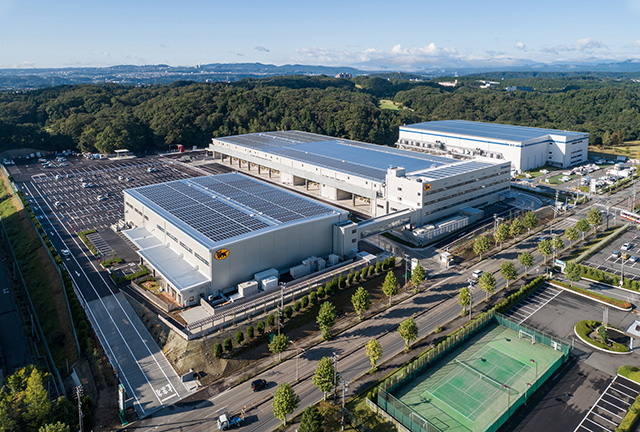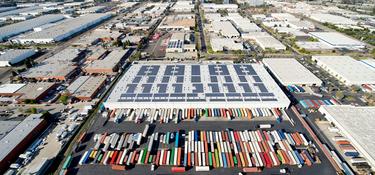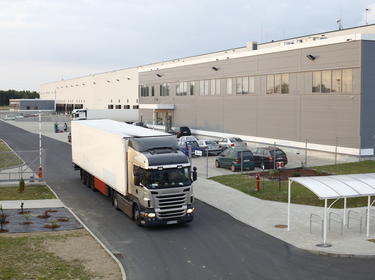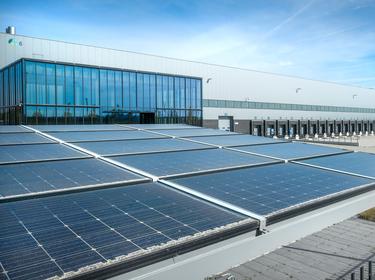WHY IS IT IMPORTANT TO HAVE A SUSTAINABLE SUPPLY CHAIN MANAGEMENT SYSTEM?
The importance of sustainability in a supply chain extends beyond going green. A supply chain built on a sustainable platform creates more partnership opportunities because environmental responsibility is a crucial focal point in today’s industry. Practicing eco-awareness in every aspect of your business improves your reputation and further legitimizes your organization.
A sustainable supply chain also helps improve productivity while saving money at the same time. By using sustainable techniques and resources, you increase the efficiency of buildings, vehicles and machinery at a significant cost savings. Nike is a prime example of sustainability at work. The world’s number one shoe manufacturer changed how it makes some of its shoes and reduced labor costs by up to 50 percent and material use by 20 percent. The result was a 0.25 percent increase in margins.
IMPLEMENTING A SUSTAINABLE SUPPLY CHAIN
Creating and implementing your own sustainable supply chain management system isn’t difficult. Here are four steps to implement a sustainable supply chain.
- Identify your sustainability goals and objectives, and then create a plan for how to achieve them. Be sure to include your supply chain because it plays a big role in your company’s environmental, social and economic impact.
- Create a sustainability policy for your suppliers and customers. What you prescribe is up to you, but it should have requirements for waste disposal, energy use, transportation and more. Once you make a policy, stick to it.
- Evaluate your supply chain from top to bottom. Is it as sustainable as you want it to be, or should you make adjustments?
- Take the appropriate action to make your supply chain more sustainable. This may mean changing vendors or transportation options, or it could result in your current partners adopting more sustainable practices in order to maintain your business.






